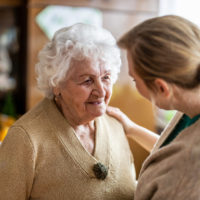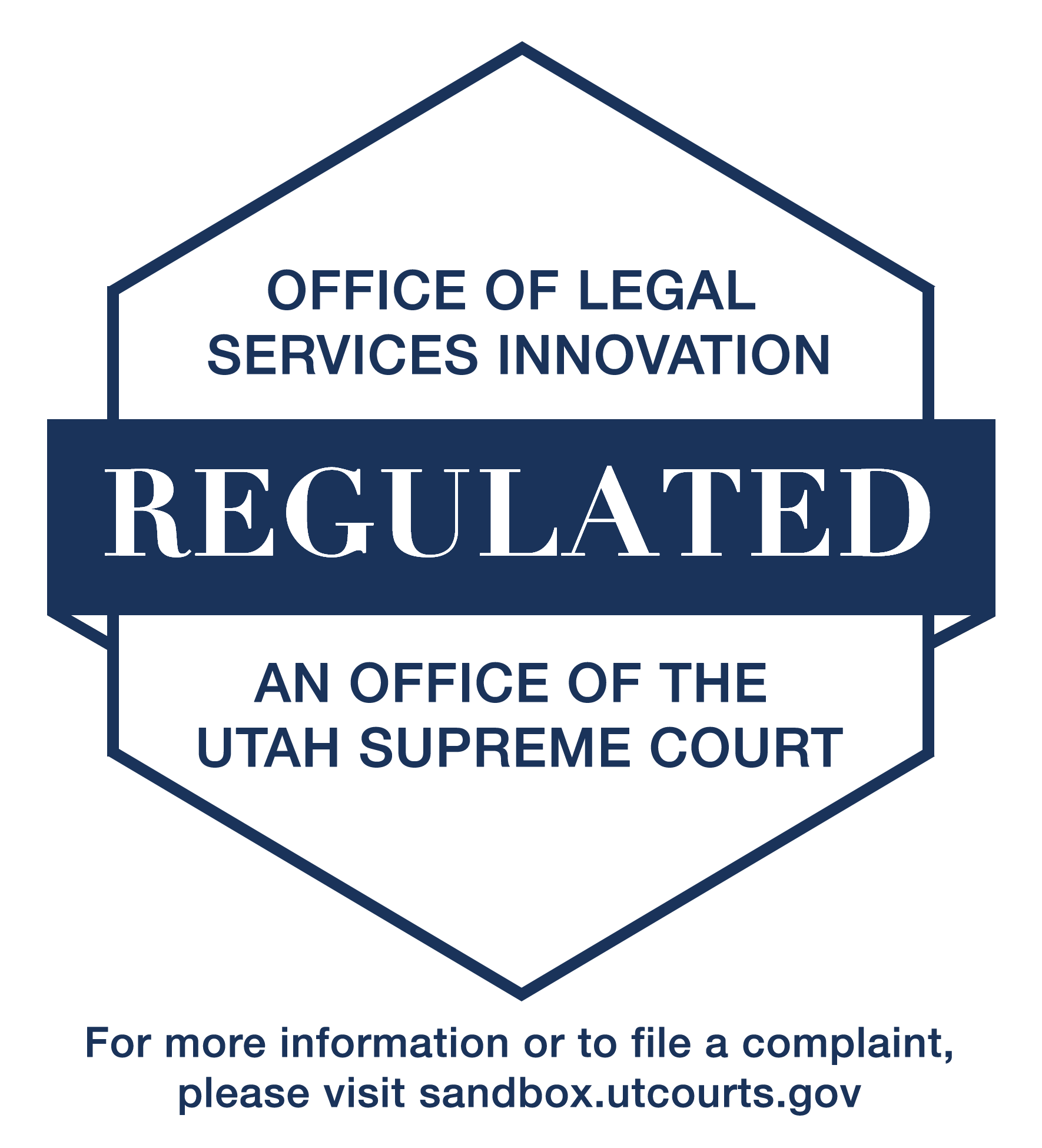Get legal assistance online. Chat with a lawyer for free!
Chat NowSandy Nursing Home Abuse Attorney
- Sandy Boating Accident Attorney
- Sandy Motorcycle Accident Attorney
- Sandy Construction Accident Attorney
- Sandy Car Accident Attorney
- Sandy Truck Accident Attorney
- Sandy Wrongful Death Attorney
- Sandy Product Liability Attorney
- Sandy Snowmobile Accident Attorney
- Sandy Premises Liability Attorney
- Sandy Ski Accident Attorney
- Sandy Slip and Fall Attorney
- Sandy Dog Bite Attorney
- Sandy Bicycle Accident Attorney
- Sandy Nursing Home Abuse Attorney
- Sandy Catastrophic Injury Attorney
- Sandy Birth Injury Attorney
- Sandy Workers’ Compensation Attorney

In a perfect world, nursing homes would have the staff and means to make your loved ones perfectly comfortable. This, however, is not the case. Even if a nursing home is fully staffed and well-funded, there’s a chance that staff members may not have your loved one’s best interests at heart.
Unfortunately, nursing home abuse can be insidious. Even so, some symptoms can give away all forms of abuse. Should you suspect a loved one isn’t being treated fairly while in a nursing home’s care, you can let our nursing home abuse attorneys in Sandy know. 1Law is prepared to advocate for your loved one’s right to reasonable care in civil court.
Nursing Home Abuse Isn’t Always Obvious
When you think of nursing home abuse, it’s easy to imagine a nurse yelling at someone you care about. Nursing home abuse is rarely so obvious, though. What’s more, there are several forms of nursing home abuse that don’t leave behind physical evidence. If you want to protect your loved ones from harm, you need to know what symptoms of abuse to watch for.
If you suspect a nursing home’s staff of non-physical forms of abuse, too, you should be prepared to investigate your loved one’s mental health or financial standing.
Financial Abuse
Some nursing home staff members want to take advantage of residents’ inability to manage their own finances. In turn, these parties may claim that a resident has to pay additional money for essential medications or treatments. Other times, these parties may take finances directly from a loved one’s accounts or living quarters.
The good news is that because we live in an increasingly digital age, elder financial abuse is getting more difficult to hide. Even so, you should keep an eye on your loved one’s accounts if you suspect that a nursing home may be misusing a resident’s funds.
Emotional Abuse
Emotional abuse is one of the most difficult forms of abuse to identify in elders. This abuse can take on a variety of forms, from abuse delivered verbally to the systematic neglect of a loved one’s social needs. Some of the most common signs of emotional abuse in elders include:
- Abrupt changes in personality
- Withdrawal from social events
- New refusals to cooperate with family members
- Decreased self-confidence
- Increased reliance on staff members for basic tasks
- Deliberate avoidance of one or more staff members
Nursing Home Abuse Impacts Your Loved One’s Quality of Life
Physical abuse is one of the most common forms of abuse for elders to fall victim to in nursing homes. Because some elders struggle with their memory and/or mobility, they rely on their caretaking staff to keep them in good health.
Both negligence and deliberate mistreatment can see your loved one’s physical health decline without that person understanding why they don’t feel well. You, however, can keep an eye out for some of the most common symptoms of physical abuse, including:
- Bed sores
- Broken or fractured bones
- Unusual bruises
- Decreased personal hygiene
- Withdrawal or difficulty moving
Note that nursing home residents can also fall victim to sexual abuse. Residents who don’t have the means to understand their circumstances or remember them may still display behaviors that indicate sexual abuse, including an abrupt shyness to touch or bruising around the private parts. A nursing home abuse attorney in Sandy can bring in experts to help identify these cases.
You and a Loved One Can Challenge Nursing Home Abuse
If you recognize any of the aforementioned instances of nursing home abuse while your loved one benefits from an institution’s care, you have the right to bring your concerns forward. You can do this by contacting a personal injury attorney. Our team can work with you and your loved one to compile evidence of abuse and the ways that it’s impacted your loved one’s health.
Once we have this data on hand, we can bring it together in what’s known as a civil claim. A civil claim is also known as a complaint. It is a document that allows you to explain your circumstances to a civil judge. You cannot demand compensation for your losses without first drafting such a complaint.
If you want to convince a court to move your loved one’s nursing home abuse complaint forward, the information you include in said complaint needs to tell the story of your losses. Specifically, you can use a nursing home abuse complaint to identify the party liable for a loved one’s condition. You should also present an estimate of your loved one’s economic and non-economic losses.
Filing a Nursing Home Lawsuit on a Loved One’s Behalf
Only certain individuals can file a nursing home abuse claim on behalf of a loved one. Only the parties whom an individual has named their heirs can take legal action on their behalf. Alternatively, an individual’s personal executor may bring a case addressing their nursing home abuse to the attention of a civil judge.
Regardless of which of these parties brings a person’s case forward, all parties involved must have their case on a county clerk’s desk within Utah’s personal injury statute of limitations. Utah Code Ann. §78B-2-307 strives to keep the cases that come before a civil judge up to date. As such, most judges reject claims addressing losses that are over four years old.
That said, you can always bring your concerns regarding a loved one’s well-being forward to an attorney. 1Law is prepared to work with you to ensure that your loved ones have access to the legal information they need to protect themselves from harm.
Don’t Let Nursing Home Abuse Go Unaddressed
Your elders deserve as much protection as you can offer them when they go into a nursing home. While the signs of abuse may not always be obvious, you can keep your eyes peeled for the symptoms of harm. If you suspect that someone may be mistreating your loved one, you can collaborate with 1Law to hold them accountable for their behavior.
Contact a nursing home abuse attorney in Sandy, UT, for more information about how you can file a nursing home abuse lawsuit on a loved one’s behalf. We can discuss the process of filing your claim during an initial case consultation. Our team is available to discuss your loved one’s right to legal action over the phone or through our free legal chat.

